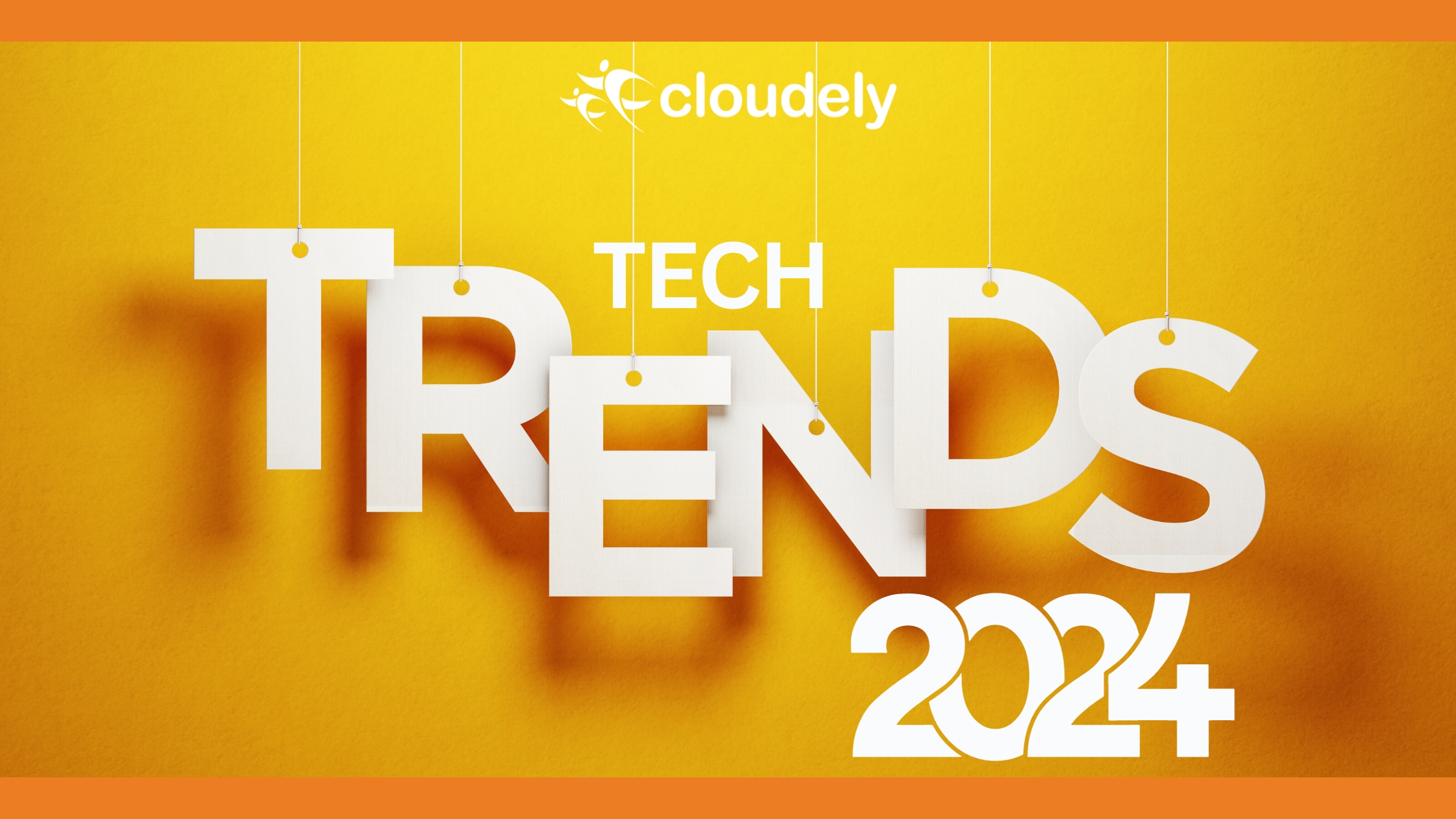
As we navigate through a rapidly evolving digital landscape, certain technology trends are reshaping the way we live, work, and interact. One significant trend is the rise of artificial intelligence (AI). AI is no longer just a buzzword; it has become an integral part of our daily lives, from chatbots assisting customers to advanced algorithms recommending products tailored to our interests. This technology is paving the way for smarter solutions and enhancing efficiency in various sectors, including healthcare, finance, and education.
Browse the implementation of Peak cyber news in real-world situations to understand its applications.

Another remarkable trend is the expansion of 5G networks. The rollout of 5G is revolutionizing connectivity, offering lightning-fast internet speeds and ultra-reliable low-latency communication. This evolution is crucial for the advancement of the Internet of Things (IoT) and smart city initiatives. With 5G, devices can communicate seamlessly, creating a more interconnected world where everything from smart homes to autonomous vehicles can thrive, providing a significant boost to economic growth and innovation.
In addition, the shift towards sustainability is becoming increasingly prominent in technology development. Companies are now more focused on reducing their carbon footprint and utilizing renewable energy sources. Innovations in green technology, such as energy-efficient data centers and sustainable manufacturing processes, highlight a commitment to the environment. This trend not only helps in combatting climate change but also appeals to consumers who prioritize eco-friendly practices, making it a win-win for businesses and the planet alike.
Find out about how future technology can deliver the best answers for your issues.
Lastly, the remote work revolution has triggered a transformation in workplace technology. As more individuals work from home, tools that facilitate collaboration and communication have become essential. Cloud-based solutions and virtual meeting platforms are now staples in our professional lives, enabling teams to stay connected regardless of location. This trend is likely to persist, prompting companies to invest in technology that supports a flexible, hybrid work model, ultimately enhancing productivity and employee satisfaction.



